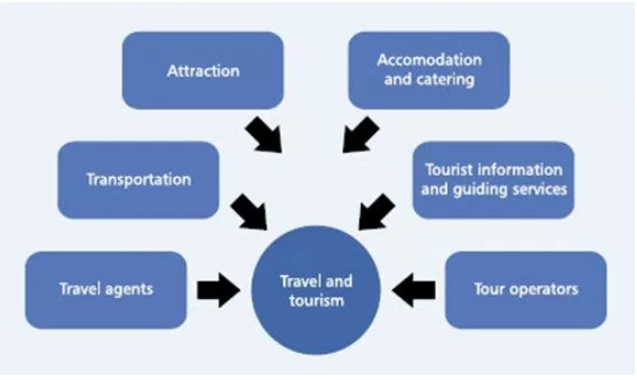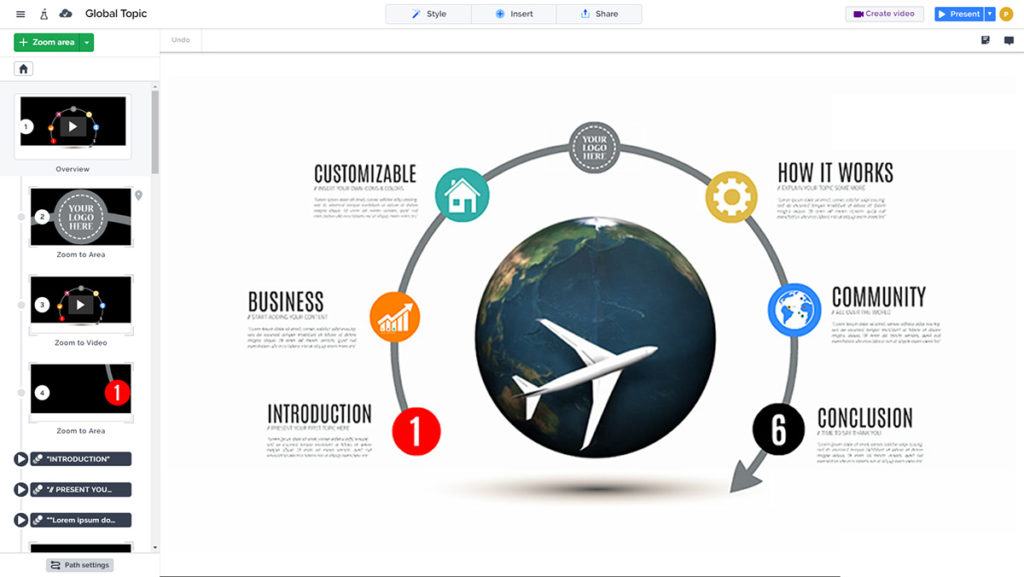Travel and tourism is a vast and diverse industry that encompasses a wide range of activities, including transportation, accommodation, and recreation. It is a sector that plays a vital role in the economies of many countries and is a major contributor to the global economy. Travel and tourism can have both positive and negative impacts on a destination, and it is important for governments, businesses, and tourists to consider these impacts and work towards sustainable tourism practices.
One of the most significant benefits of travel and tourism is the economic impact it has on a destination. Tourists spend money on transportation, accommodation, food, and other goods and services, which generates revenue for local businesses and creates employment opportunities. In 2019, the World Travel and Tourism Council (WTTC) estimated that the travel and tourism sector directly contributed to 10.3% of global GDP and supported 319 million jobs worldwide. In addition, the indirect economic impact of travel and tourism, such as the supply chain of goods and services, is even greater.
However, the rapid growth of the travel and tourism industry has also led to negative impacts on some destinations. Overcrowding, pollution, and the destruction of natural and cultural resources are some of the challenges that tourism can bring. In popular destinations, the influx of tourists can lead to overcrowding and an overburdening of infrastructure, such as transportation systems and accommodations. This can lead to an increase in the cost of living for local residents and a decline in the quality of life. In addition, the environmental impact of tourism, including the carbon emissions from transportation and the pollution caused by the waste generated by tourists, can have negative consequences on the local environment and contribute to climate change.
To mitigate these negative impacts, it is important for governments and businesses to adopt sustainable tourism practices. Sustainable tourism aims to balance the economic, social, and environmental impacts of tourism in a way that benefits local communities and preserves the natural and cultural heritage of a destination. There are several ways in which sustainable tourism can be promoted, including:
- Encouraging tourists to visit off-peak seasons and less crowded destinations to spread the economic benefits of tourism more evenly and reduce the burden on popular destinations.
- Promoting the use of public transportation and encouraging tourists to use eco-friendly modes of transportation, such as biking or walking, to reduce the carbon footprint of tourism.
- Supporting local businesses and promoting the use of locally sourced goods and services to ensure that the economic benefits of tourism are shared with the local community.
- Protecting natural and cultural resources by implementing regulations and policies that limit the negative impact of tourism on these resources and promoting the conservation and preservation of these resources.
- Promoting responsible tourism practices, such as respecting local customs and traditions and minimizing waste, to ensure that tourists are considerate of the destination and its inhabitants.
Overall, travel and tourism is a complex and multifaceted industry that has the potential to bring both positive and negative impacts on a destination. By adopting sustainable tourism practices, governments, businesses, and tourists can work towards maximizing the benefits of tourism and minimizing its negative impacts, ensuring that travel and tourism can continue to be a significant contributor to the global economy while preserving the natural and cultural heritage of destinations.







